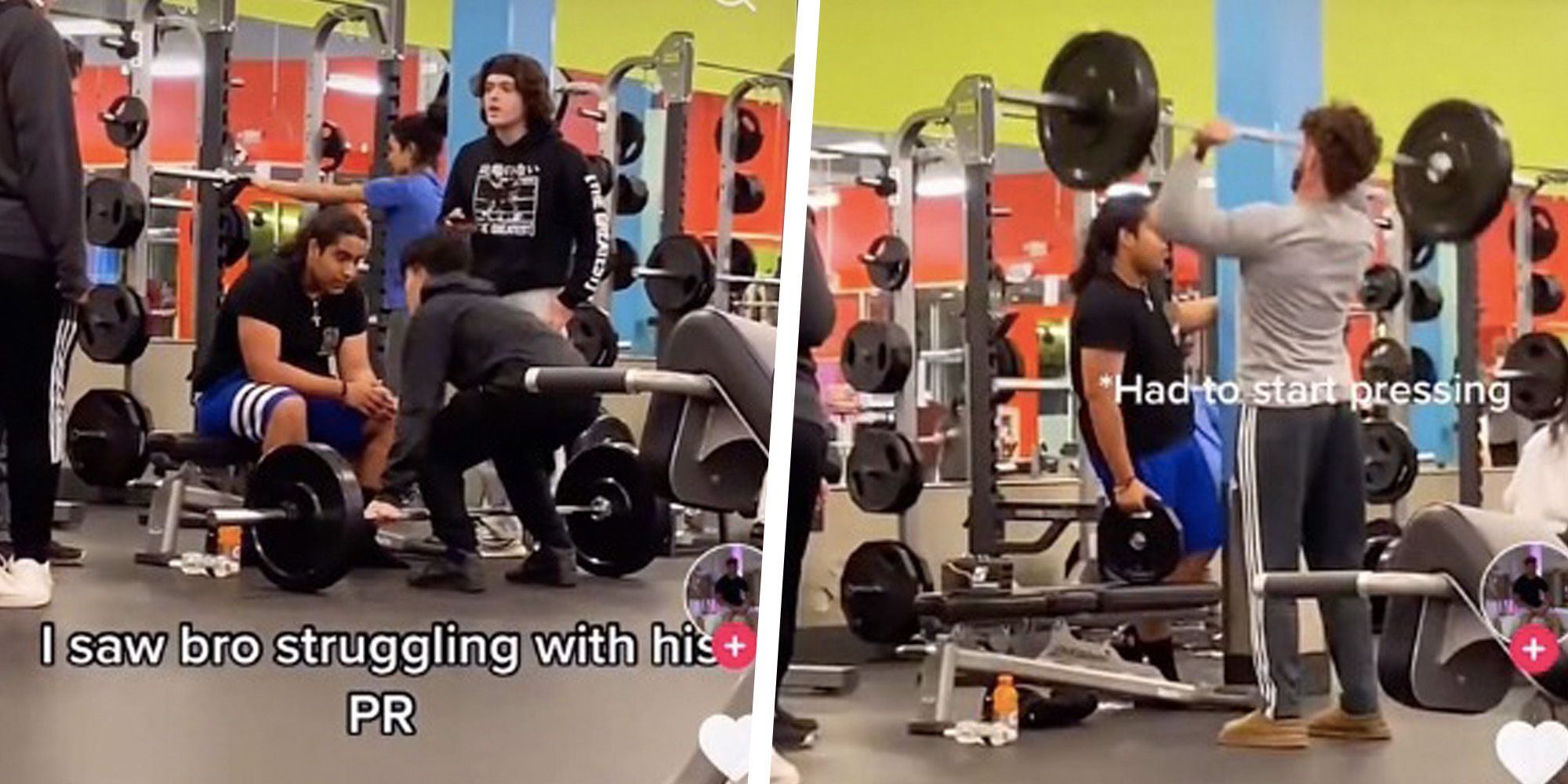Understanding Toxic Gym Culture
By understanding what toxic gym culture is and how to combat it, we can make fitness spaces welcoming for everyone.
By understanding what toxic gym culture is and how to combat it, we can make fitness spaces welcoming for everyone.

Gyms are vital spaces for many individuals seeking to improve their physical health, gain strength, find community, and enhance their mental well-being.
Unfortunately, not all gym environments are as welcoming or as positive as they should be.
In recent years, there's been a growing discussion about a concerning phenomenon known as "toxic gym culture."
This article aims to shed light on this subject, discussing what toxic gym culture is, its impacts, and how we can combat it.
Toxic gym culture refers to an environment within a fitness space where individuals may feel judged, excluded, or pressured to conform to certain standards or behaviors.
It can manifest in various ways, from overt actions like body-shaming to subtle forms of exclusivity or elitism.

A toxic gym culture can significantly impact one's mental well-being in various ways. Here are some of the primary ways through which such a culture can be detrimental.
Toxic gym cultures often emphasize certain body types as the "ideal", which can make those who do not conform to these standards feel inadequate or unattractive.
This promotes body dissatisfaction and can lead to issues like body dysmorphia.
This is when certain groups within the gym, often those who are more fit or advanced, look down on or exclude others who are perceived as 'newbies' or less fit.
While many go to the gym to improve their appearance, a culture that only values aesthetics over health, strength, or well-being can become problematic.
This can lead to a host of problems, including excessive dieting, disordered eating, and over-exercising.
In some gyms, especially those with a toxic culture, individuals might experience unwanted advances, comments about their bodies, or even discrimination based on their gender.
Unfortunately, some individuals may face unwanted attention, comments, or even harassment in gym spaces.
A culture that promotes extreme methods or relies on pseudoscience can lead people down a path of harmful practices.
This can not only lead to physical harm but also feelings of frustration, failure, and confusion.

Recognizing and addressing the signs of a toxic gym culture is essential for creating spaces that promote holistic well-being, inclusivity, and genuine health.
Fitness environments should empower individuals to achieve their personal health goals without compromising their mental or emotional well-being.
Exposure to a toxic gym environment can harm individuals' mental health, leading to issues such as anxiety, diminished self-worth, or depression.
Many people might avoid the gym altogether if they feel uncomfortable, judged, or unsafe, thereby missing out on the benefits of regular exercise.
In some toxic environments, there's a constant need to be the best, lift the most weight, or run the fastest.
Instead of fostering a supportive community where everyone's progress is celebrated, it becomes a competitive space where people feel inadequate if they aren't on top.
There can be immense pressure to adopt certain training methods, diets, or even to use performance-enhancing substances.
This can lead to unhealthy habits, overtraining, injuries, and a compromised sense of self-worth.
Joey Swoll is a well-known figure in the fitness industry, particularly for his impressive physique, involvement in bodybuilding, and his social media presence.

He's has used his platform to share motivational content, offer fitness advice, and showcase his personal fitness journey.
On January 7, 2022, he uploaded a video reacting to a TikToker who ridiculed a man in the gym performing dumbbell drag curls.
Swoll clarified the nature of drag curls, concluding his TikTok by stating, “The individual's primary focus is keeping to himself.

It's astonishing that some choose to film others in the gym for the sheer purpose of mockery. Rise above such behavior.”
Swoll's video garnered a massive audience with over 20 million views, 3 million likes, and 46,000 comments.
This event seemingly carved out his niche in promoting gym etiquette. Joey Swoll's campaign #MYOB (mind your own business) subsequently gained traction.

While the gym should be a sanctuary for self-improvement and community, toxic gym culture can tarnish this experience for many.
Recognizing the signs and actively working against them is crucial.
By understanding what toxic gym culture is and how to combat it, we can make fitness spaces welcoming for everyone.
By sharing positive messages and uplifting content, influencers can foster an environment of support and motivation, rather than competition and judgment.
Opening up about personal struggles, insecurities, and challenges can make influencers more relatable. It shows followers that everyone, no matter how fit or experienced, has faced obstacles.
Providing accurate information on healthy practices, the importance of mental well-being, and the dangers of shortcuts (like steroids) can help counter misinformation and harmful trends.
Staff and trainers should be educated about the dangers of toxic gym culture and be equipped to create an inclusive, welcoming atmosphere.
Highlighting diverse body types, fitness levels, and journeys can combat the exclusivity and body-shaming prevalent in toxic gym culture.
Fitness environments should empower individuals to achieve their personal health goals without compromising their mental or emotional well-being.
Influencers who take a stand against negative behaviors and set a positive example can influence the behavior of their followers.
Regarding toxic gym culture, many influencers like Joey Swoll have the power to shape and influence perceptions within the fitness community.
Clear guidelines should be established, ensuring that all members feel safe and respected.
Foster an environment where members support and uplift each other. Group classes, community events, and mentorship programs can be beneficial.
Your cart is currently empty.
Start Shopping